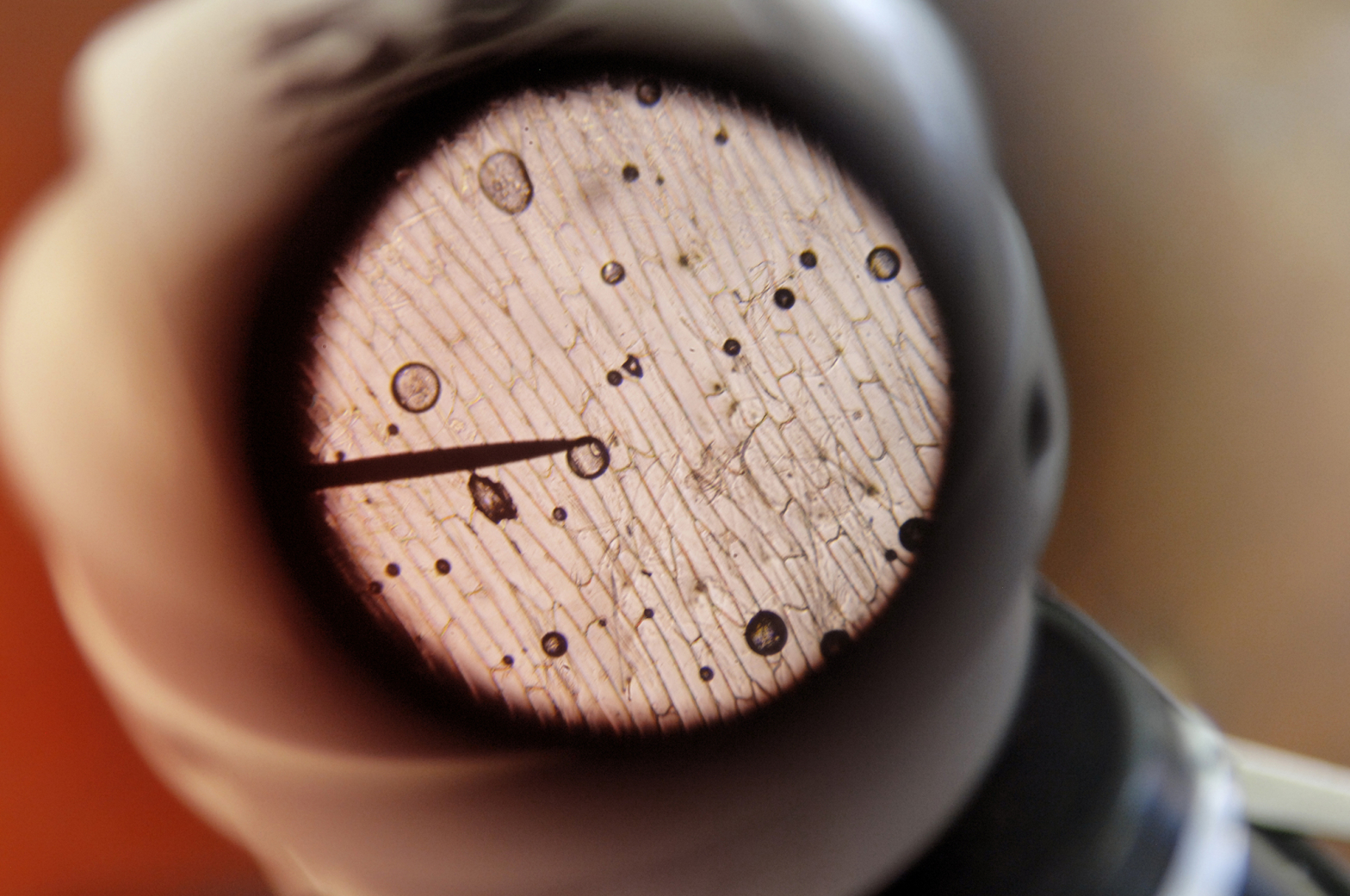Biology
Learning, Teaching and Assessment in Biology
The OAKS course is built upon Biology in the National Curriculum, the standards for the award of qualified teacher status (QTS) and the needs of trainee teachers, pupils and schools. Biology sessions will essentially look at ways of teaching biology content along with a focus on pedagogical themes through the 11–18 age range. Typical topics for biology sessions include:
- Safety and risk assessment in the science laboratory; working with a technician
- Using cells as an example, we look at how themes in biology evolve through the key stages, we look at how to organise a scheme of work and how to use models to teach concepts such as cell structure and function and DNA structure, replication and protein synthesis.
- Assessment for Learning (AFL) through the medium of cells and microscope use
- Learning through self-discovery within evolution and looking at statistics in biology through the topic of variation.
- A big focus on scientific investigation skills. Looking at class practicals on enzymes – how to organise a full class practical and monitor students.
- A tour of all the body systems; looking at modelling biology through practical demonstrations and student centred practicals which link to the theory and allow application of knowledge and understanding.
- Dissection – an outdated mode of practical teaching or as relevant as ever in the biology laboratory? Ethics and dissection ‘refusers’ will be discussed.
- Plant biology (botany) – using SAPS methodology to bring to life the fascinating world of plants (a topic that so many biology teachers undersell). A practical approach.
- Exam technique and revision – how do we prepare our students for the exam?
An important part of the course is learning how to create a stimulating and caring environment. To help create such an environment, you need to be enthusiastic and lessons need to be well planned and related to the needs of pupils. They need to be conducted in a well-organised way with a positive approach to control. You will be able to prepare in advance for handling different situations since strategies for maintaining discipline and managing the learning in a Biology laboratory are considered and discussed.
You will be encouraged to make use of digital technologies. Considerable attention is given to the use of digital technologies during the course. We also place emphasis on the development of your skills in digital technologies (both personal and professional) and provide a wealth of opportunities for you to become a highly competent, skilled technology user, whatever your starting point.
School experience
There are excellent working relationships between colleagues at our lead schools, the OAKS and other partnership schools that will contribute to your professional development. All schools have subject mentors who have been trained by us and they are responsible for your learning and development when on placement.
Course participants are assessed through written academic assignments and portfolios of evidence. Throughout your placements you will be assessed against the National Teacher Standards. Your final award will be either a Postgraduate Certificate in Education or a Professional Graduate Certificate in Education, the outcome being determined by your performance in your formal academic assignments.
Biology trainee teachers are eligible for tax-free bursaries. Click here for further details on funding.

